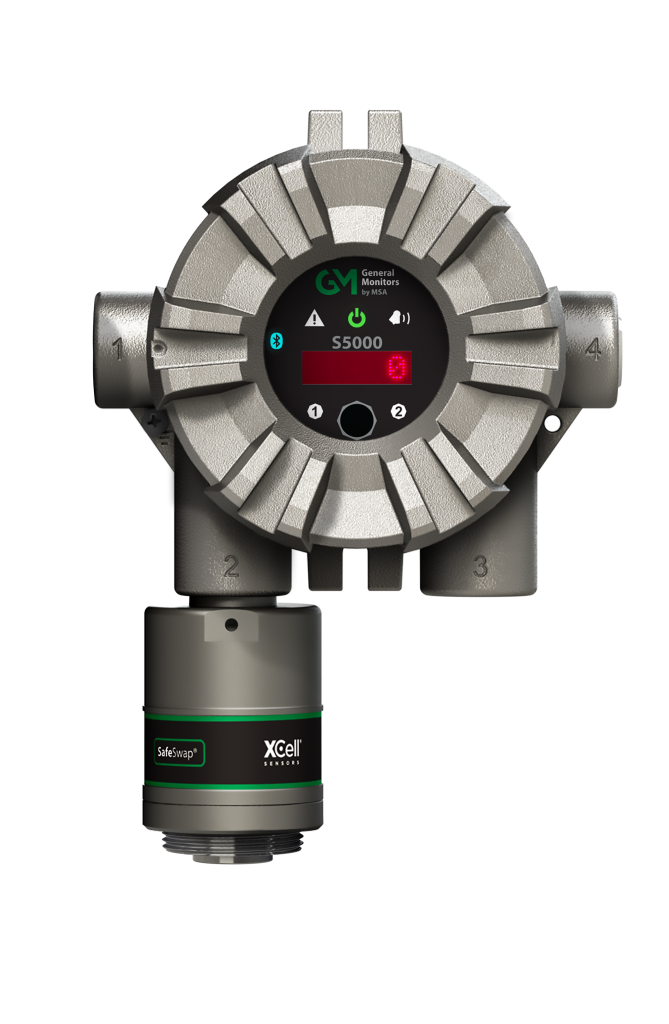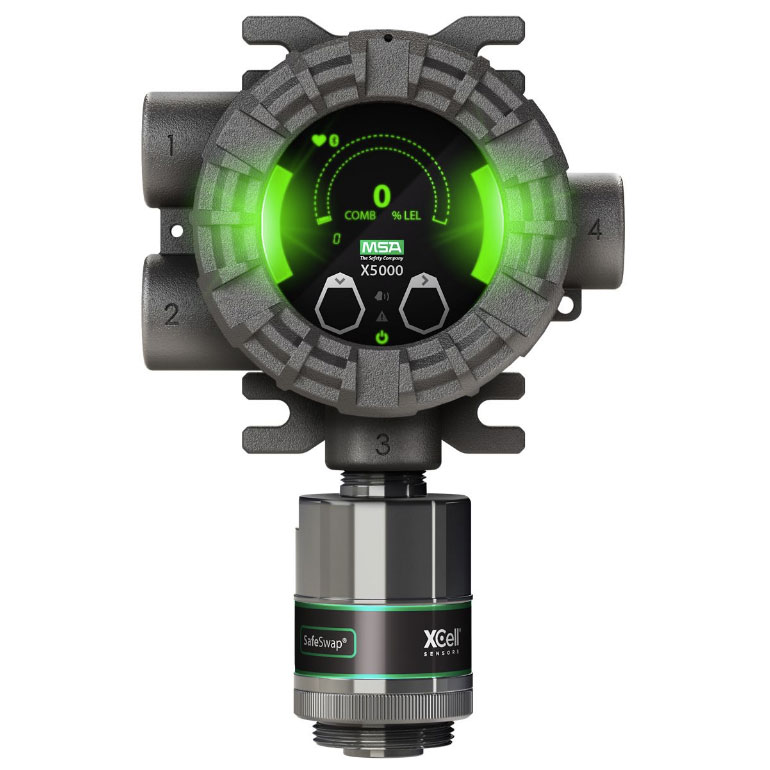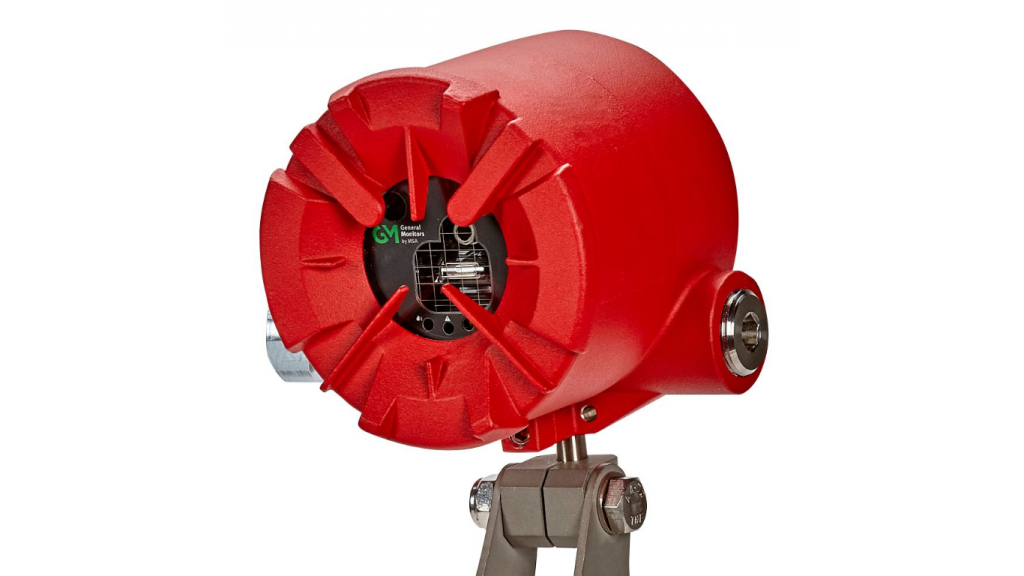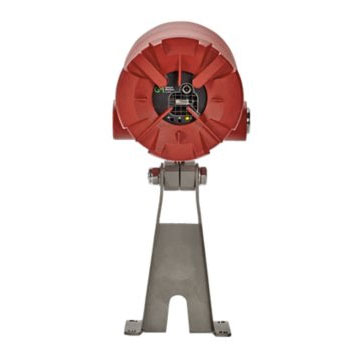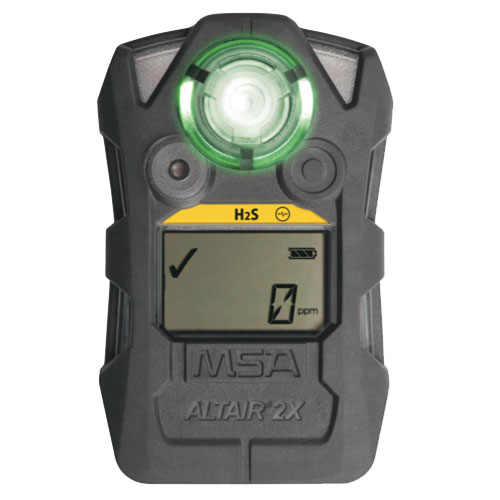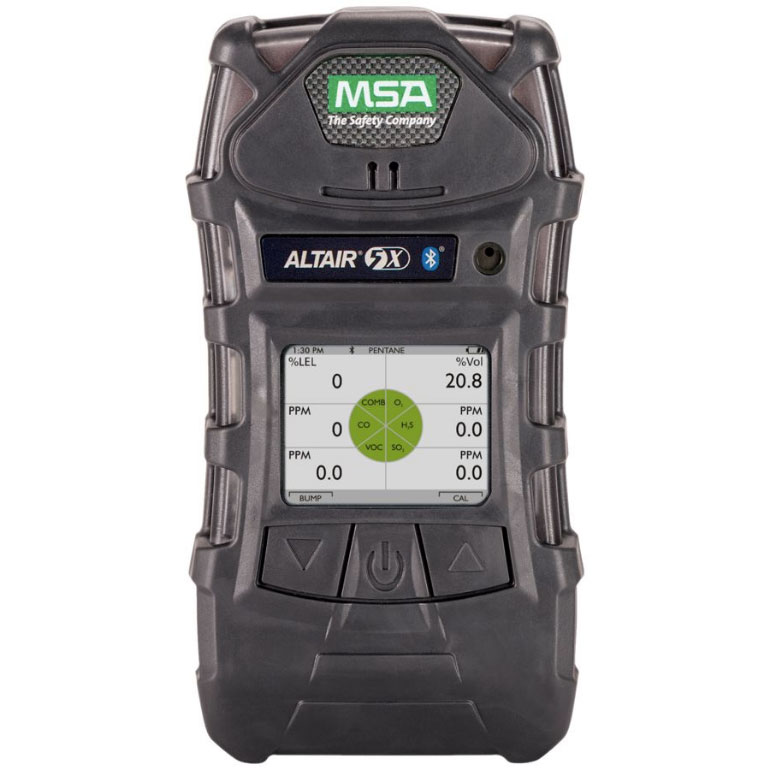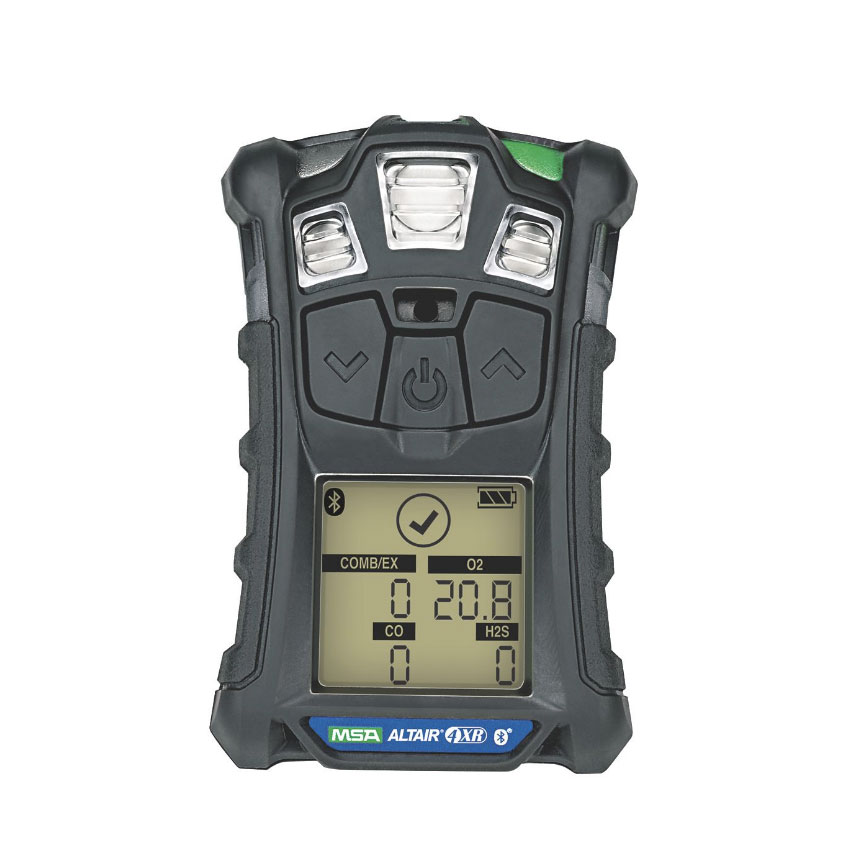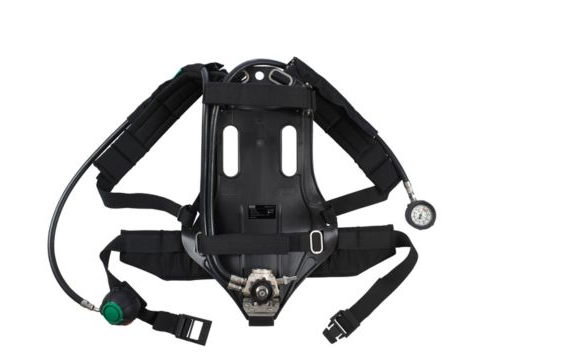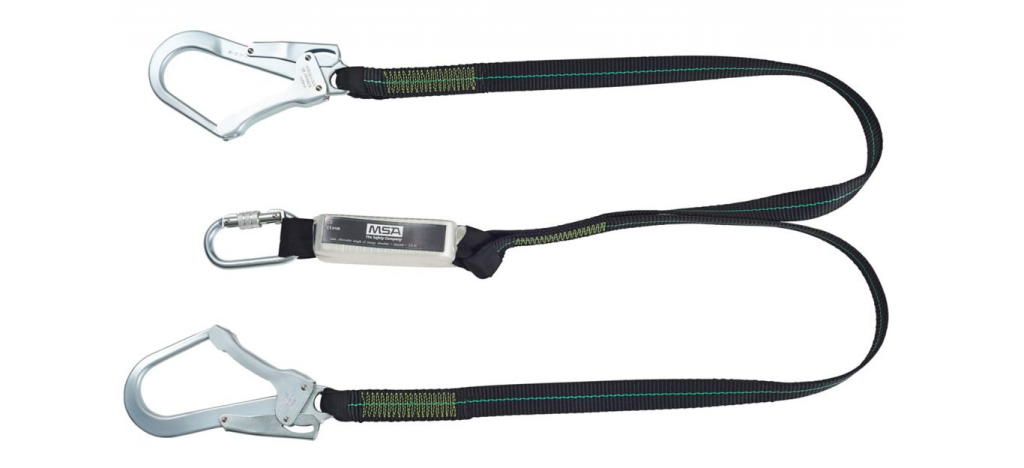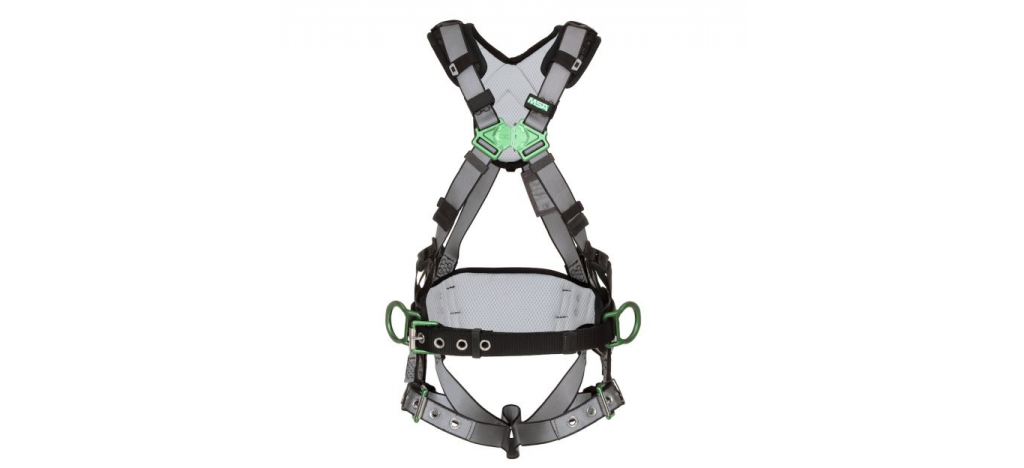A staggering 70% of major workplace accidents occur during non-routine work. This includes times of shutdown, startup, and turnaround. Turnarounds are considered non-routine, since they don’t happen every day. These operations are expensive, disruptive, complex and potentially more dangerous than regular refinery operations.
With many plants getting ready to execute shutdown procedures in Sub-Saharan Africa, this article discusses the main reasons for workplace turnaround accidents – and five tips on how to make this year’s shutdown a safe experience with industry-leading specialized safety equipment.
3 Reasons turnarounds cause workplace accidents
A shutdown is the most frantic time for any refinery, and a number of factors can contribute to costly accidents while a turnaround is in process:

Non-routine tasks
Routine tasks are performed safely because workers have ample experience executing them. Turnarounds happen every 1 – 2 years, so workers aren’t used to performing the tasks associated with the turnaround process.
Unfamiliar workforce
External contractors are often called in to assist turnarounds and shutdowns. Since these individuals aren’t permanent members of the team, communication issues can creep in which often lead to misunderstandings.

Fast-paced activities
Due to the nature of a turnaround and the time it occurs (usually at year-end), workers participating in the process are motivated to get tasks done quickly so everyone can get home to their families. Unfortunately, rushing is often the cause of workplace mishaps.
Workers are up to 50x more likely to have a major accident during startup, shutdown, or maintenance mode.
Five tips for safer refinery shutdowns
Following these five turnaround safety inspections will greatly improve your preparedness for any refinery workplace disasters:

Inspect fixed gas detectors
Combustible gas has the potential to explode, a safety risk that is ever-present during times of regular operation and turnaround periods alike. This is why having fixed combustible gas sensing technologies in place is so important for preventing fires and gas-related accidents.
View our selection of fixed gas detectors for a safe refinery plant maintenance shutdown.
Check flame monitoring systems
Detecting flame hazards is just as important, especially when considering that UV and infrared flame sensors can experience false alarms because of ambient plant conditions. Cutting-edge multi-spectral infrared (MSIR) flame detection systems use neural network technology to distinguish between false alarms and actual flames.
View our selection of flame detection systems for a safe refinery plant maintenance shutdown.

Inspect portable gas detectors
Where fixed gas detectors can’t be taken, like inside tanks that require periodic cleaning, portable gas detectors are used by workers. Before any turnaround commences, consider inspecting the state and efficacy of your portable gas detectors.
View our selection of portable gas detectors for a safe refinery plant maintenance shutdown.

Review breathing apparatus
Workers are often exposed to immediately dangerous to life or health (IDLH) situations, where toxic gases can cause oxygen deficiency. Checking that all breathing apparatus available to staff are in working order means their safety is being prioritized.
View our selection of breathing apparatus for a safe refinery plant maintenance shutdown.

Inventory fall protection equipment
It is not uncommon for refinery workers to be scaling structures and working at heights while shutdown or turnaround activities are underway. A final consideration to make your next turnaround the safest ever is to look at the condition of your body harnesses and other fall protection equipment.
View our selection of fall protection equipment for a safe refinery plant maintenance shutdown.
Get expert turnaround safety advice
Turnarounds are safer, faster and more cost-effective when accidents are avoided as far as possible. If you’re concerned about a particular safety issue, we are uniquely qualified to advise on the best safety equipment for your specific situation.
We are the Approved Channel Partner of MSA safety equipment in Sub-Saharan Africa, PSA is the Approved Channel Partner of MSA safety equipment in Sub-Saharan Africa, and the specialised safety equipment we supply is used and trusted by teams across the globe.
For enquiries contact enquiries@psaafrica.co.za, call 0860 543 356 or submit an enquiry below and and one of our friendly staff will be in contact you shortly
Share:

